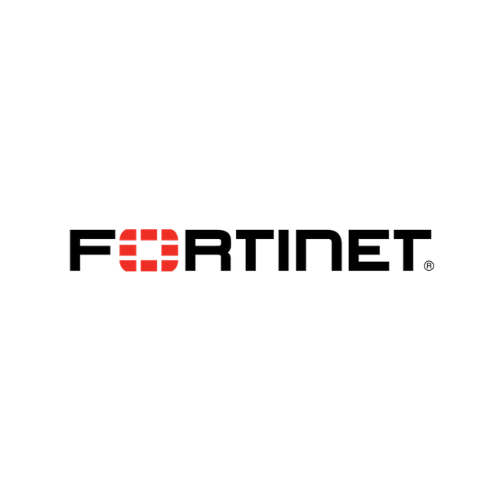What Is Firewall?
Firewalls prevent unauthorized access to networks through software or firmware. By utilizing a set of rules, the firewall examines and blocks incoming and outgoing traffic.
Fencing your property protects your house and keeps trespassers at bay; similarly, firewalls are used to secure a computer network. Firewalls are network security systems that prevent unauthorized access to a network. It can be a hardware or software unit that filters the incoming and outgoing traffic within a private network, according to a set of rules to spot and prevent cyberattacks.
How Does a Firewall Work?
As mentioned previously, firewalls filter the network traffic within a private network. It analyses which traffic should be allowed or restricted based on a set of rules. Think of the firewall as a gatekeeper at your computer’s entry point which only allows trusted sources, or IP addresses, to enter your network.
A firewall welcomes only incoming traffic that has been configured to accept. It distinguishes between good and malicious traffic and either allows or blocks specific data packets on pre-established security rules. These rules are based on several aspects indicated by the packet data, like their source, destination, content, and so on. They block traffic coming from suspicious sources to prevent cyberattacks.
Key Uses of Firewalls
- Firewalls can be used in corporate as well as consumer settings.
- Firewalls can incorporate a security information and event management strategy (SIEM) into cybersecurity devices concerning modern organizations and are installed at the network perimeter of organizations to guard against external threats as well as insider threats.
- Firewalls can perform logging and audit functions by identifying patterns and improving rules by updating them to defend the immediate threats.
- Firewalls can be used for a home network, Digital Subscriber Line (DSL), or cable modem having static IP addresses. Firewalls can easily filter traffic and can signal the user about intrusions.
- They are also used for antivirus applications.
- When vendors discover new threats or patches, the firewalls update the rule sets to resolve the vendor issues.
- In-home devices, we can set the restrictions using Hardware/firmware firewalls.
Advantages of Using Firewalls
- It provides enhanced security and privacy from vulnerable services. It prevents unauthorized users from accessing a private network that is connected to the internet.
- Firewalls provide faster response time and can handle more traffic loads.
- A firewall allows you to easily handle and update the security protocols from a single authorized device.
- It safeguards your network from phishing attacks.
How to Use Firewall Protection?
- Constantly update your firewalls as soon as possible: Firmware patches keep your firewall updated against any newly discovered vulnerabilities.
- Use antivirus protection: In addition to firewalls, you need to use antivirus software to protect your system from viruses and other infections.
- Limit accessible ports and host: Limit inbound and outbound connections to a strict whitelist of trusted IP addresses.
- Have an active network: To avoid downtime, have active network redundancies. Data backups for network hosts and other critical systems can help you avoid data loss and lost productivity in the case of a disaster.
Difference Between a Firewall and an Antivirus
Firewall
- A firewall is an essential software or firmware in network security that is used to prevent unauthorized access to a network.
- It is used to inspect incoming and outgoing traffic with the help of a set of rules to identify and block threats by implementing it in software or hardware form.
- Firewalls can be used in both personal and enterprise settings, and many devices come with one built-in, including Mac, Windows, and Linux computers.
Antivirus
- Antivirus is also an essential component of network security. It is basically an application or software used to provide security from malicious software coming from the internet.
- An antivirus work is based upon 3 main actions, Detection, Identification, and Removal of threats.
- Antivirus can deal with external threats as well as internal threats by implementing only through software.
Source: What Is Firewall: Types, How Does It Work & Advantages | Simplilearn

















.png)
.png)